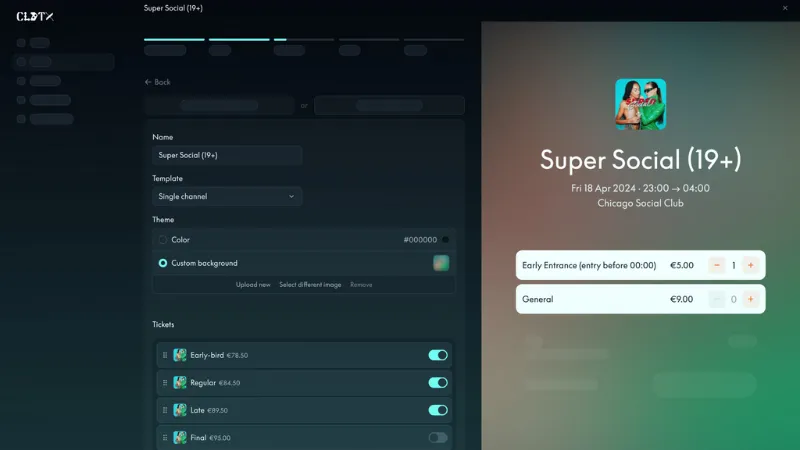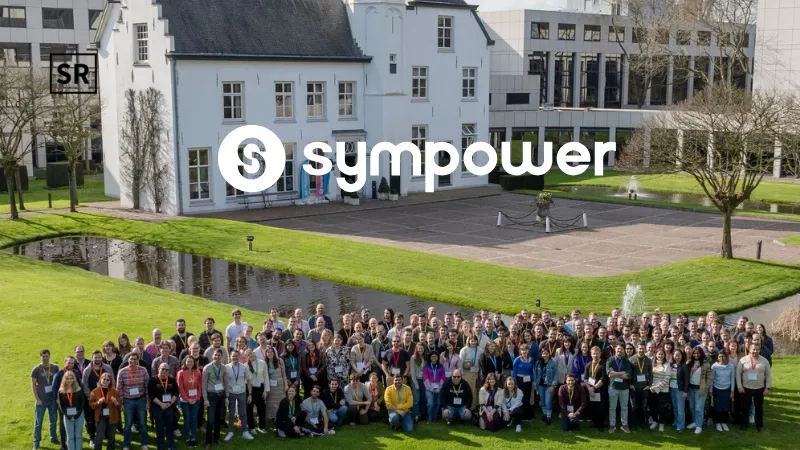
Alpic, a French cloud platform designed for Model Context Protocol (MCP), has raised €5.1 million in pre-seed funding.
SUMMARY
- Alpic, a French cloud platform designed for Model Context Protocol (MCP), has raised €5.1 million in pre-seed funding.
The capital will support building infrastructure for AI agents to interact with the digital world via MCP, simplifying deployment and management of agent-accessible services.
The round was led by Partech, which also supported the team’s previous venture. Other investors include K5 Global, Irregular Expression, Yellow, Drysdale, Kima Ventures, Galion.exe, and notable AI and developer tool founders from Mistral, Datadog, and Dataiku.
“The real potential of agents lies in their ability to interact with the digital world around them,” said Pierre-Louis Theron, Co-founder and CEO of Alpic. “For that we need infrastructure built from the ground up for agents, not retrofitted for them.”
RECOMMENDED FOR YOU
Founded in 2025, Alpic is building the first all-in-one cloud platform for deploying, managing, monitoring, and scaling MCP servers in production. Its mission: help businesses expose services to AI agents safely, reliably, and effortlessly.
Read Also - Belgium’s MRM Health Raises €55 Million In Series B Round
Alpic provides developers with tools for rapid deployment, fine-grained authentication, version control, and observability—without locking them into any framework.
The startup was founded by the repeat team behind Streamroot, a video delivery company acquired by Lumen Technologies, which helped media companies transition millions of viewers from broadcast TV to streaming.
As AI reshapes the internet, a new user type is emerging: the agent. These AI systems act on behalf of humans, from booking travel and paying bills to automating enterprise processes and managing SaaS tools.
Until now, AI could generate text and ideas but struggled to take action, relying on inefficient workarounds like web scraping, human-oriented interfaces, or manual plugins. The Model Context Protocol (MCP)—an open standard published by Anthropic and now adopted by all major AI providers solves this, offering a secure, structured way for agents to connect with external services.
MCP enables a new way to interact digitally: instead of browsing flight listings, an agent finds and books the best options. Rather than manually updating a CRM, an agent can manage client records and invoices automatically.
“Authentication, user experience, payments, and developer workflows look completely different when the user is an AI agent. We’re only beginning to understand how much the internet will change,” added Theron. “Alpic’s mission is to provide the infrastructure to make those connections seamless.”
As AI agents become more widely adopted, businesses will need a new kind of frontend—built from tools rather than pixels. Alpic provides this layer, letting developers deploy and manage MCP servers in minutes with built-in security, analytics, and developer tools, reducing operational complexity and speeding production.
Alpic believes that relying on AI to navigate human-designed interfaces is inefficient and costly. Instead, most online services will eventually be directly accessible to agents through a dedicated protocol.
“We’re thrilled to back this experienced founding team as they build the infrastructure for the new internet,” said Boris Golden, General Partner at Partech. “Agent-first protocols like MCP could be as foundational to AI as HTTP was two decades ago to the internet. Alpic has the deep infrastructure experience and timing to shape how they will be adopted.”
After deploying dozens of MCP servers with early customers this summer, Alpic is now launching its platform in a public beta.
About Alpic
Alpic enables businesses to make their products AI-native. Its all-in-one MCP hosting platform offers one-click deployment, along with MCP-specific tools for evaluation, analytics, authentication, transport and security, simplifying the management of agent-accessible services while ensuring reliability, scalability, and safe integration into the AI-driven digital ecosystem.


 Follow us
Follow us Follow us
Follow us















